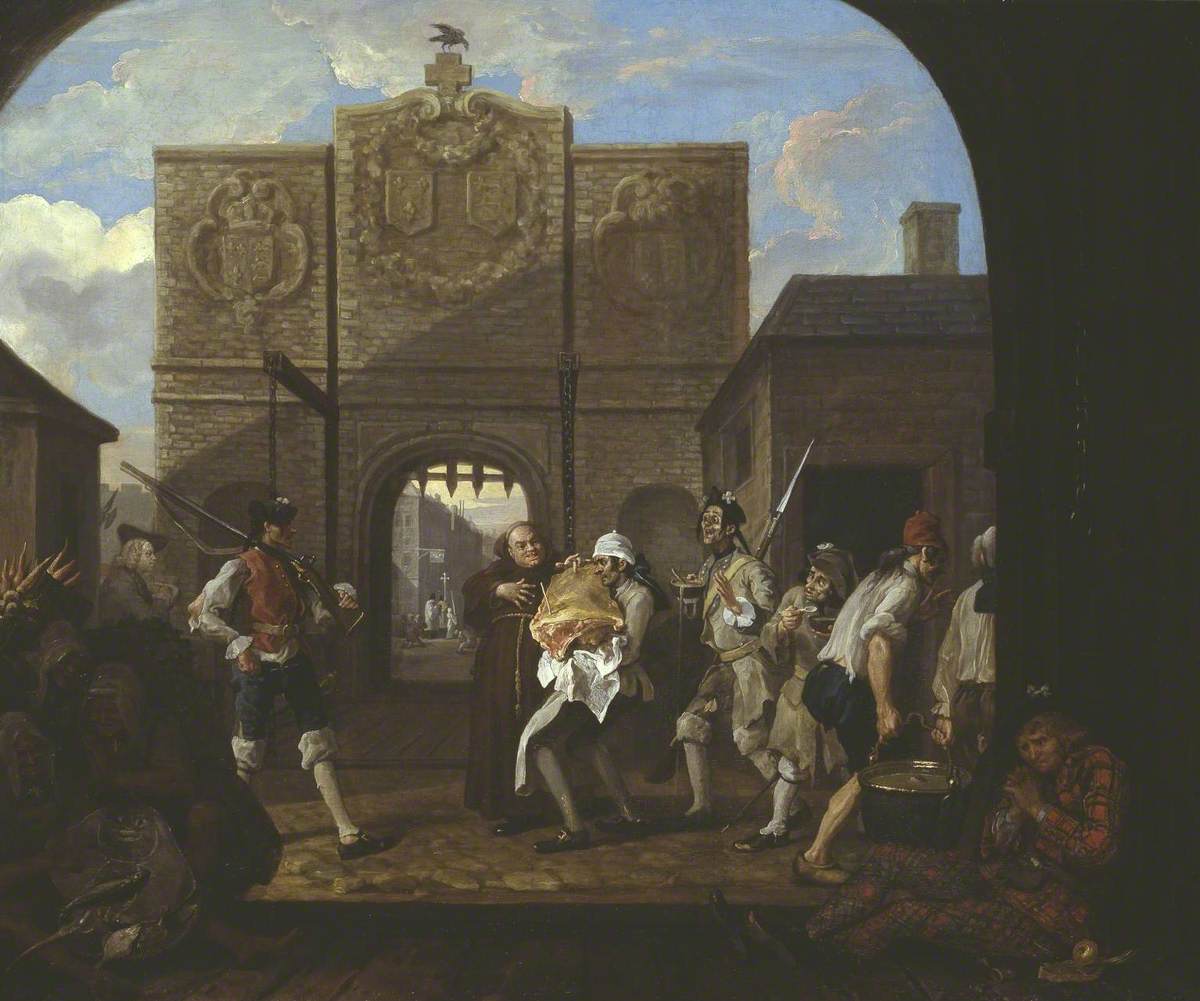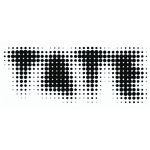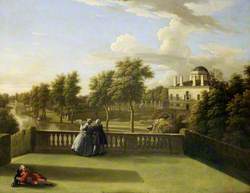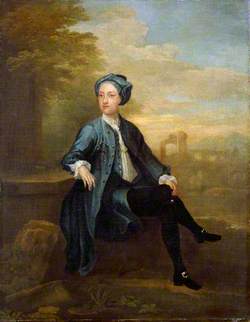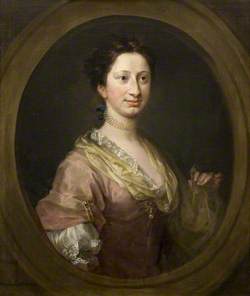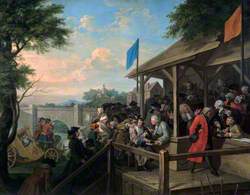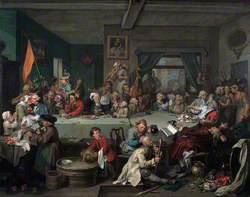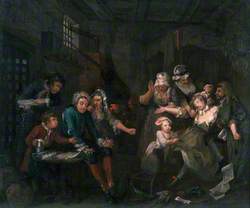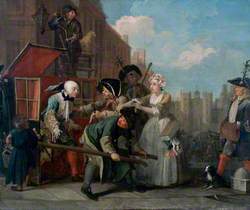How you can use this image
This image is available to be shared and re-used under the terms of the Creative Commons Attribution-NonCommercial-NoDerivatives licence (CC BY-NC-ND).
You can reproduce this image for non-commercial purposes and you are not able to change or modify it in any way.
Wherever you reproduce the image you must attribute the original creators (acknowledge the original artist(s) and the person/organisation that took the photograph of the work) and any other rights holders.
Review our guidance pages which explain how you can reuse images, how to credit an image and how to find more images in the public domain or with a Creative Commons licence available.
DownloadNotes
Add or edit a note on this artwork that only you can see. You can find notes again by going to the ‘Notes’ section of your account.
This painting is Hogarth's comment on his second visit to France in the summer of 1748, when he was arrested as a spy while sketching the arms of England on the old city gate at Calais. The contemporary diarist George Vertue records in August 1748 that Hogarth and Francis Hayman were 'attempting to draw some Views of Fortifications &c. were surprized & clapt into the Bastile. from whence they were soon glad to return to England' ('Vertue Note Books III', Walpole Society, vol.22, Oxford 1934, p.142). Hogarth took his revenge with this painting. The title was taken from a popular tune of the day, which extolled roast beef as the symbol of Britain's wealth and power. Numerous xenophobic references indicate Hogarth's low opinion of the French.
Further reading: Elizabeth Einberg, 'Hogarth the Painter', exhibition catalogue, Tate Gallery, London 1997, pp.48–49, reproduced in colour Terry Riggs March 1998
Title
O the Roast Beef of Old England ('The Gate of Calais')
Date
1748
Medium
Oil on canvas
Measurements
H 78.8 x W 94.5 cm
Accession number
N01464
Acquisition method
Presented by the Duke of Westminster 1895
Work type
Painting
